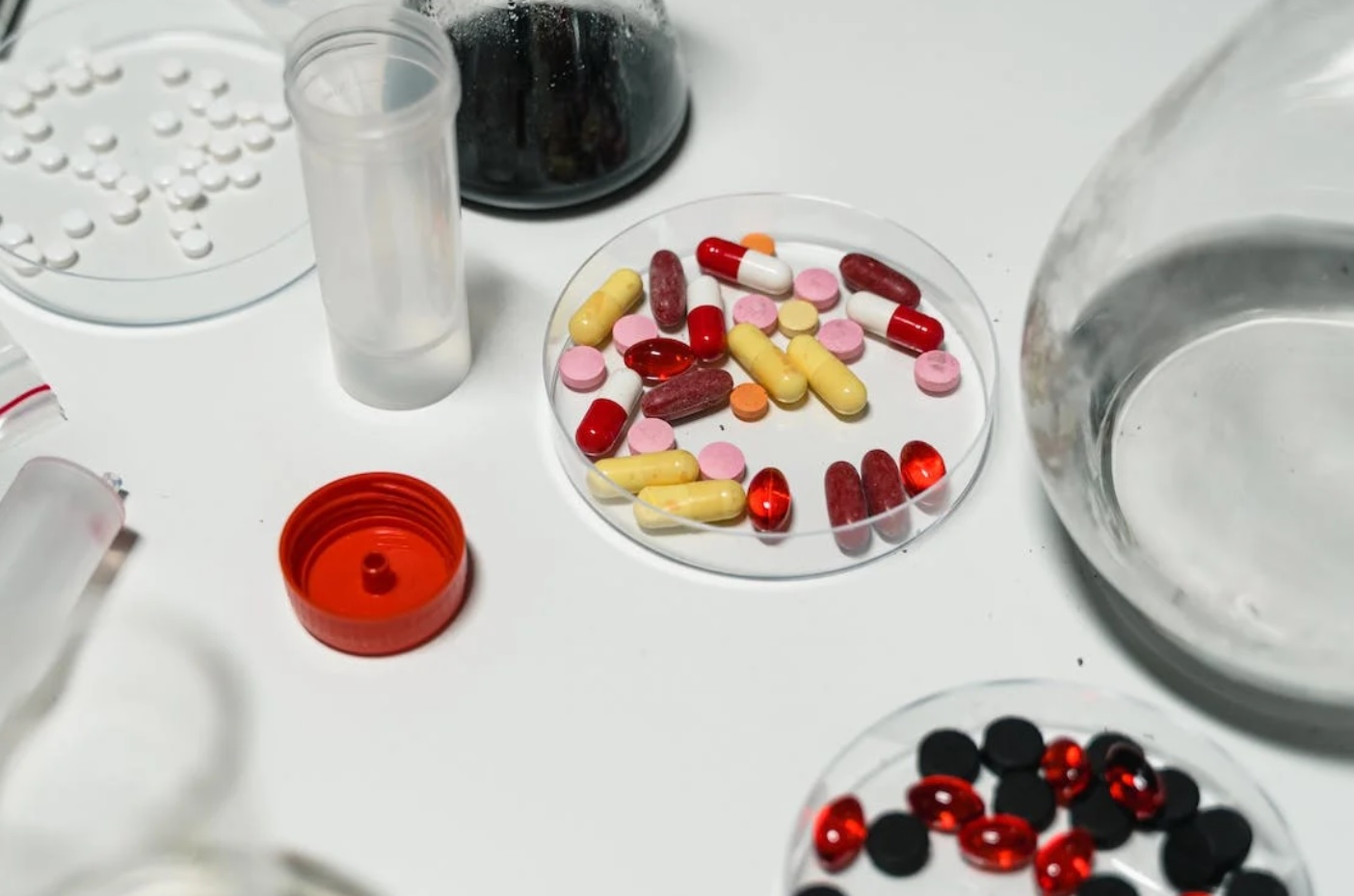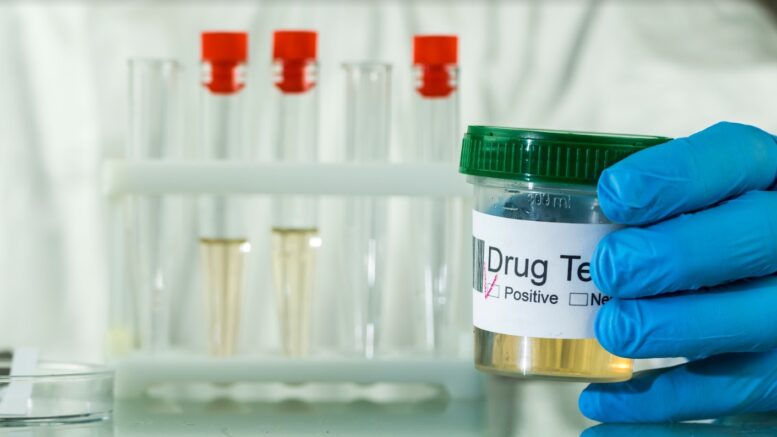Drug courts typically require various types of testing to monitor and assess participants’ compliance with their treatment and recovery programs. These tests help determine whether individuals are abstaining from drug use, adhering to program requirements, and making progress toward rehabilitation.
The specific types of testing may vary depending on the jurisdiction and program guidelines. Here are some common types of testing required for drug courts:
Urine Drug Testing:
Urine drug testing is one of the most prevalent methods used in drug courts. It detects the presence of drugs or drug metabolites in a person’s urine sample. It can identify a wide range of substances, including illicit drugs and prescription medications. Urine tests are generally cost-effective, non-invasive, and provide a relatively long detection window, depending on the drug.
Breath Alcohol Testing:
Breath alcohol testing, often conducted using a breathalyzer, measures the concentration of alcohol in a person’s breath. It is primarily used to monitor individuals with alcohol-related offenses or substance abuse issues involving alcohol. Breath alcohol testing is quick, portable, and provides real-time results.
Saliva Testing:
saliva tests, known as point-of-care or rapid tests, provide immediate results. The sample is collected using a swab or sponge placed in the person’s mouth to absorb saliva. The swab is then inserted into a testing device, and results are usually available within minutes. This immediate result feature makes saliva testing advantageous for quick assessments, such as for initial screenings or immediate decision-making.
This type of testing can identify the presence of drugs, including marijuana, cocaine, opioids, amphetamines, and others. For more detail visit here about the average timeline for drug test processing.
Blood Testing:
Blood testing is less commonly used in drug courts due to its invasive nature and higher cost. However, it may be employed in specific situations where accurate and immediate drug or alcohol level measurements are necessary. Blood tests can detect the presence of drugs and measure their concentrations in the bloodstream.
Hair Testing:
Hair testing analyzes a hair sample to detect drug metabolites that have been incorporated into the hair shaft over time. This type of testing can provide a historical record of drug use over several months, making it useful for assessing long-term patterns of substance abuse. Hair testing is less commonly used in drug courts due to the time frame it covers and the higher cost involved.
Note that the specific testing methods and frequency can vary between drug courts and jurisdictions. These tests are typically carried out at regular intervals or randomly to ensure compliance and support the objectives of the drug court program.

What happens if you test positive for substance use?
If you test positive for substance use, the consequences can vary depending on the specific context. Here are some general outcomes that may occur:
Employment:
In many workplaces, particularly those with strict drug policies, testing positive for substance use can result in disciplinary actions, such as suspension, termination, or mandatory rehabilitation programs. Some industries, such as transportation or healthcare, have more stringent regulations due to safety concerns.
Legal Consequences:
If the substance you tested positive for is illegal, you could face legal repercussions, including fines, probation, mandatory drug counseling, or even imprisonment, depending on the severity of the offense and local laws.
Educational Institutions:
Students who test positive for substance use in educational institutions may face disciplinary actions, including suspension, expulsion, or mandatory counseling programs. Policies regarding substance use can vary among schools and colleges.
Professional Licensing:
If you hold a professional license, such as in healthcare or law, testing positive for substance use may have serious implications. It could lead to the suspension or revocation of your license, limiting or preventing you from practicing your profession.
Sports and Athletics:
Athletes who test positive for banned substances may face penalties such as disqualification from competitions, loss of titles or medals, fines, or bans from future events. Different sports organizations have their own specific rules and regulations regarding substance use.
Treatment and Support:
In some cases, testing positive for substance use may be a turning point that leads to intervention, treatment, and support. It can be an opportunity to seek professional help and make positive changes in your life.
Conclusion
Note that the consequences of testing positive for substance use can vary significantly depending on the jurisdiction, specific circumstances, and the substance involved. If you find yourself in this situation, it’s advisable to consult with a legal professional who can provide guidance based on your specific circumstances and local laws. Additionally, seeking support from healthcare professionals or support groups can be beneficial in addressing substance use issues.
